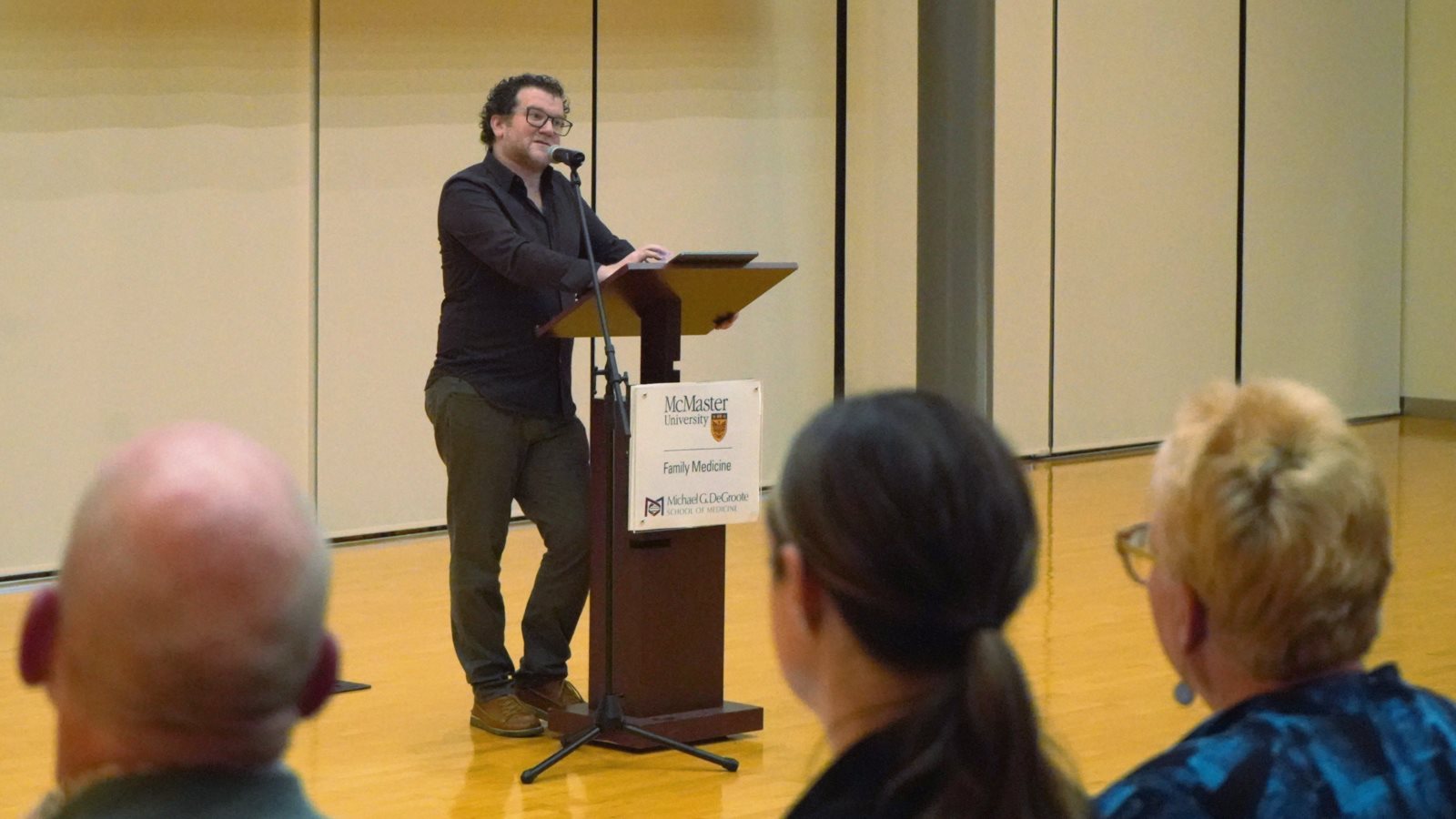Family medicine welcomes first Canada Research Chair

Dr. Gina Agarwal, professor of family medicine at McMaster University, has been named the Canada Research Chair (CRC) in Vulnerable Individuals in Primary Care.
CRC positions aim to spur research development from world-class scholars in Canada and are highly prized positions, with just over 800 positions awarded for health researchers across the country, and even fewer have professional backgrounds as family doctors.
“My program of research through this chair bridges the gap between primary care, population health, epidemiology and research, with the focus always being impactful for marginalized and vulnerable populations,” says Agarwal, a practicing family doctor with a PhD in epidemiology.
Agarwal breaks ground as the first family medicine researcher at McMaster to receive the honour, joined by 83 other chairholders across the university. As a racialized woman herself, she fills a gap in diversity of CRC chairs at McMaster and a gap in representation of primary care.
“Our department contributes significantly to improving primary care in Hamilton and beyond. Dr. Agarwal embodies this mission and passion, and we’re excited to see the field of family medicine recognized for its pivotal role in health care and to see her work recognized and supported with this prestigious chairship,” says Cathy Risdon, professor and chair of family medicine.
Agarwal is the director of the Vulnerable Individuals in Primary Care (VIP), a research lab developing novel solutions for improving health care in collaboration with stakeholders to provide unmet needs for vulnerable populations in primary care.
“Vulnerable populations are defined as individuals at high risk of poor health because of physical, psycho-social and economic barriers,” explains the CRC recipient. Being racialized, being of older age, having low income, having mobility challenges and other complex health needs are just some of the many factors that make it harder for individuals to access health care.
“My research expands on other primary care findings which show that when people have access to a family doctor or other primary care clinician, they can address a health concern before it leads to a trip to a hospital. By focusing on prevention, people can stay healthy and save health-care dollars,” says Agarwal.
Agarwal and her team have developed an innovative way of providing community-based primary care through the Community Paramedicine at Clinic (CP@clinic) program. Established in 2010, CP@clinic is now an internationally renowned program with global reach, expanding to Australia and the United Kingdom.
“By connecting older adults living in social housing with health screening, education and referrals to health and community services, we’ve been able to improve their health and save health care spending through fewer calls to 911,” says Agarwal.
Agarwal is also leading projects in collaboration with international partners, in both rural and urban areas in low- and middle-income countries, including the Philippines and Thailand. These research projects aim to give health care access to those who are impoverished and marginalized.
Through her CRC, Agarwal and her team will continue to develop, evaluate and implement programs specific to the unmet health needs of underserved communities.
“I feel honoured that my decades of work have come to fruition as a prestigious Canada Research Chair, that recognizes my passion for the research that I do, and my intent to continue to do something meaningful for the populations that matter the most to me,” says Agarwal.
Agarwal is also the recipient of the Innovator of the Year award and CP@clinic won the 2022 Academy of International Mobile Healthcare Integration (AIMHI) Excellence in EMS Integration Award.
News, Research, VIP LabRelated News
News Listing

November 8, 2024

October 1, 2024

